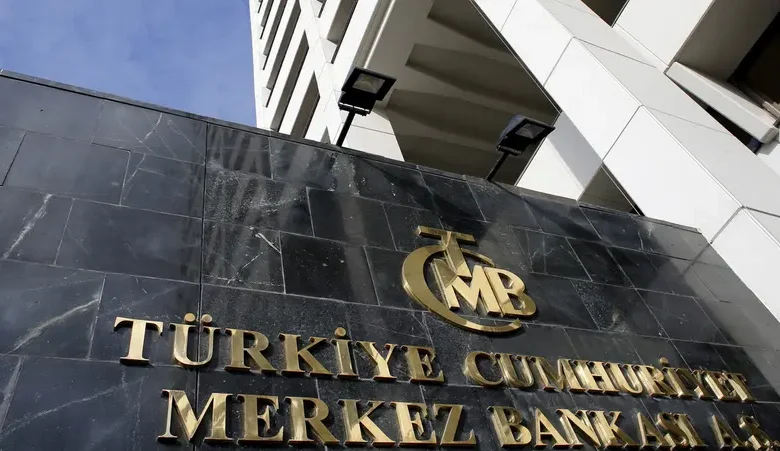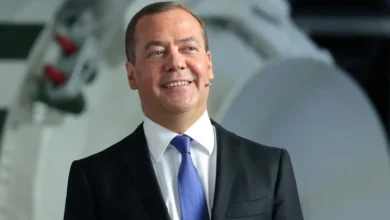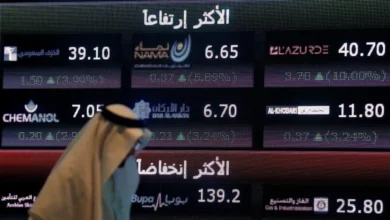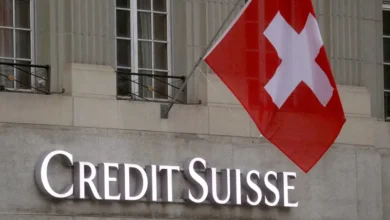Turkish cenbank sticks to inflation forecast of 22.3 percent for 2023

Turkey’s central bank is sticking to its inflation forecast of 22.3 percent for 2023, Governor Sahap Kavcioglu said on Thursday – less than half of market expectations – even though the decline in inflation has been slower so far than it previously envisioned.
Unorthodox rate cuts sought by President Recep Tayyip Erdogan sparked a currency crisis in late 2021, sending inflation to a 24-year peak of 85.51 percent last year. Inflation has fallen since then, touching 43.68 percent by April with a favorable base effect and relatively stable lira.
While the disinflation process has been slower than previously seen, indicators confirm a marked slowdown in price increases, Kavcioglu said, adding that cost pressures on inflation have largely disappeared.
“We project that credit conditions compatible with the disinflation process and stable exchange rates within our current policy framework will ensure a stronger improvement in the underlying trend of inflation,” he said.
His view that inflation will continue to decline over the remainder of the year stands in contrast to market expectations.
When asked about the gap between the forecasts, Kavcioglu said the current divergence of market expectations will converge towards the central bank’s outlook.
The median estimate in the latest Reuters poll for annual inflation in Turkey at end-2023 stood at 46.5 percent, with an expected rise in the second half of the year. Some economists expect it to have touched its lowest level this year in April.
Speaking in Ankara during the central bank’s inflation report presentation, Kavcioglu reiterated that inflation will fall on the back of current account surplus and the central bank will continue policies supporting this outcome.
“We are determined to record a current account surplus. We will continue to do this in the second half of the year. Turkey will enable A lasting fall in inflation with A current account surplus,” Kavcioglu said.
The cost of living crisis has eaten away at household savings in Turkey and also hit Erdogan’s popularity. Polls show him trailing his main challenger in the May 14 elections. Some economists expect Erdogan to shift towards more orthodox economic policies after the elections.
Kavcioglu, when asked about a possible change in government, said current central bank policies are not temporary and would continue regardless of who wins the elections.











